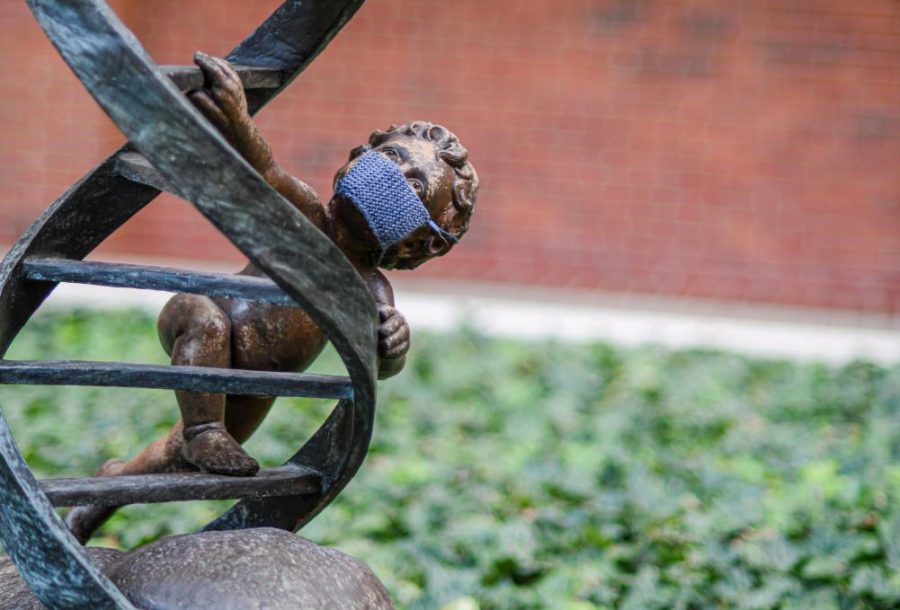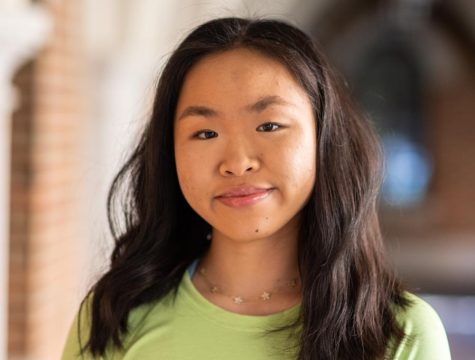Earlier last week, the public-school district of my hometown delayed its return to in-person instruction until January of 2021. As an original supporter of remote learning, I gladly signed a school-closure petition in March when COVID-19 first hit my home state of Washington. However, after listening to countless remote-learning horror stories from neighbors, family, friends and former classmates over the past eight months, I now feel uneasy about my school district’s latest decision.
Besides the obvious academic implications, remote learning robs students of their social networks and mental health support. Against the uncertain backdrop of a global pandemic, emotionally drained parents-turned-substitute teachers are mostly ill-equipped at supporting their kids’ mental health. In a nationwide Gallup poll conducted in June, nearly three in ten parents expressed the concern that their children were “experiencing harm to emotional or mental health” due to COVID-related closures.
The lack of social networks especially affects young kids.
“Young kids learn by playing, [which] is mostly an interactive experience,” educator and professor of the practice of education at Peabody College Barbara Stengel said.
Talking to their classmates’ blurred faces—or worse, their names on black Zoom boxes—is far less beneficial than the face-to-face interactions offered by hybrid or in-person classrooms.
Despite the recent surge in COVID-19 cases across the United States, kids are less likely to be severely affected by the virus. A report by the American Academy of Pediatrics (AAP) found that children made up 1 to 3.5 percent of total hospitalizations.
The AAP, in fact, voiced its support for in-person classes, stating that “all policy considerations for the coming school year should start with a goal of having students physically present in school” in a report released right before the start of fall semester.
During today’s crisis, schools need to prioritize their students’ mental and physical health. With proper local and federal support, schools can and should reopen for their youngest learners.
Support for Teachers
It is important to acknowledge that teachers, unlike their students, are more susceptible to the virus. Indeed, a recent study by the Kaiser Family Foundation found that one in four teachers have a condition that puts them at higher risk of serious illness from COVID-19.
With comprehensive plans specific to each school, however, teacher’s safety will not be compromised when schools reopen. A model designed by Jennifer Head and Justin Remais, researchers from UC Berkeley, found a 0.5 percent increase in the risk of infection for elementary teachers in schools with two-day schedules and staggered grades; that number increases to an astonishing 17.3 and 40.3 percent, respectively, for elementary and high school teachers in schools that lack safety measures.
In addition, a recent poll found that 88 percent of teachers from reopened public-school districts had to purchase personal protective equipment themselves. Across the country, teachers are rightfully voicing their demand for better protective measures against the virus. We need to listen to their protests and act accordingly.
Children are not Superspreaders
By late March, all American public schools had closed their doors, citing fear of COVID outbreaks among students and staff. It was originally thought that a few COVID-19 cases in schools could trigger a major outbreak in the larger community. However, numerous studies conducted since the pandemic’s onset have discovered that elementary students are not super spreaders of COVID-19.
With proper planning, there is almost no excuse for not sending young kids back into the classroom. School reopening will not only benefit the kids and their educators but also their high-risk grandparents, who sometimes served as a source of childcare amid lockdowns.
Heightened Inequalities
Remote learning, most importantly, further widens the already drastic systemic inequalities in the American education system. A report by the New York Times found that fewer than half of all remote-learners regularly participated in school districts with the most disadvantaged students, compared to close 100 percent attendance rates in more affluent districts. This chronic absenteeism disproportionately affects low-income students, whose lack of access to reliable internet connections often bars them from the classroom.
“It seems that the places where kids most need face-to-face learning are the places that have gone remote [this school year],” Stengel said.
For too long, systemic discrimination across America has forced racial minority students into poorly funded urban school districts. A 2016 study found that majority nonwhite school districts receive an average of $23 billion less in funding than predominantly white school districts, despite serving roughly the same number of students. With no funding to implement the necessary safety measures, urban districts are stuck with the nonideal online classrooms for the foreseeable future.
Other Countries’ Plans
Similar to the United States, many other hard-hit countries grappled with the dilemma of when to close or reopen schools. When COVID-19 first rampaged through Europe, almost all European countries closed their schools. However, when a second wave of infections overwhelmed Europe in recent weeks, many countries—including France, Ireland and Germany—kept their K-12 schools and daycare centers open, despite issuing a mandatory lockdown on all non-essential businesses.
“We cannot and will not allow our children and young people’s futures to be another victim of this disease,” Irish Prime Minister Micheal Martin said in a national address.
While school reopening takes the center stage of national politics in Europe, the decision remains sidelined during national debates in America. It is ironic how non-essential businesses—gyms, malls and even pet groomers—are allowed to reopen in almost all states across the U.S., yet schools remain shut down for half of all public-school districts. Is our education system less “essential” than the reopened businesses?
As a nation, America needs to work together to bring our youngest and most vulnerable students back into the classroom. Let’s listen to our pediatricians, public health experts and—most importantly—our educators. Now more than ever, we must fix America’s long-standing inequalities in education by funding protective measures for ALL schools. Schools were safe places for students before COVID-19; with a clear and consistent national plan, they can still be safe places for ALL students.







